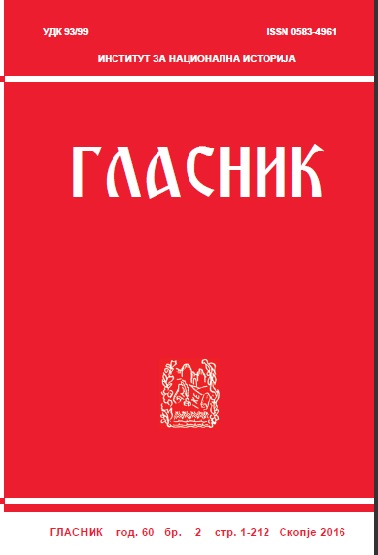THE ROLE OF FINANCIAL INTELLIGENCE UNITS IN COMBATING MONEY LAUNDERING IN POLAND AND MACEDONIA: A COMPARATIVE ANALYSIS
THE ROLE OF FINANCIAL INTELLIGENCE UNITS IN COMBATING MONEY LAUNDERING IN POLAND AND MACEDONIA: A COMPARATIVE ANALYSIS
Author(s): Rafał WoźnicaSubject(s): National Economy, Business Ethics
Published by: Институт за национална историја
Keywords: money laundering; financial intelligence unit; prevention of money laundering; Macedonia; Poland
Summary/Abstract: Currently, in both countries there is a complex system of independent regulation and institutional solutions aimed at blocking the legalization of proceeds of crime. This system includes not only different degrees of public sector entities, but also private ones. One of the key elements of anti-money laundering systems is the introduction of financial institutions and other entities whose legal obligation is to report transactions in connection with which there is a suspicion of links to criminal activity or terrorism. This is due to the traditional confidentiality of data related to financial transactions, given the fact that reporting agents do not have the resources, as to justify suspicion they must be set by the governments of specialized agencies whose activities will focus on processing the financial information they receive. That body, which is a financial intelligence unit, is becoming a central theme of national anti-money laundering agencies. The article actually addresses the practical aspects of the operation of financial intelligence units in Poland and Macedonia. The questions related to the analysis refer to the legal bases and fulfillment of the most important characteristics that enable the detection and prosecution of money laundering by those institutions.
Journal: Гласник
- Issue Year: 60/2016
- Issue No: 2
- Page Range: 75-85
- Page Count: 11
- Language: English

